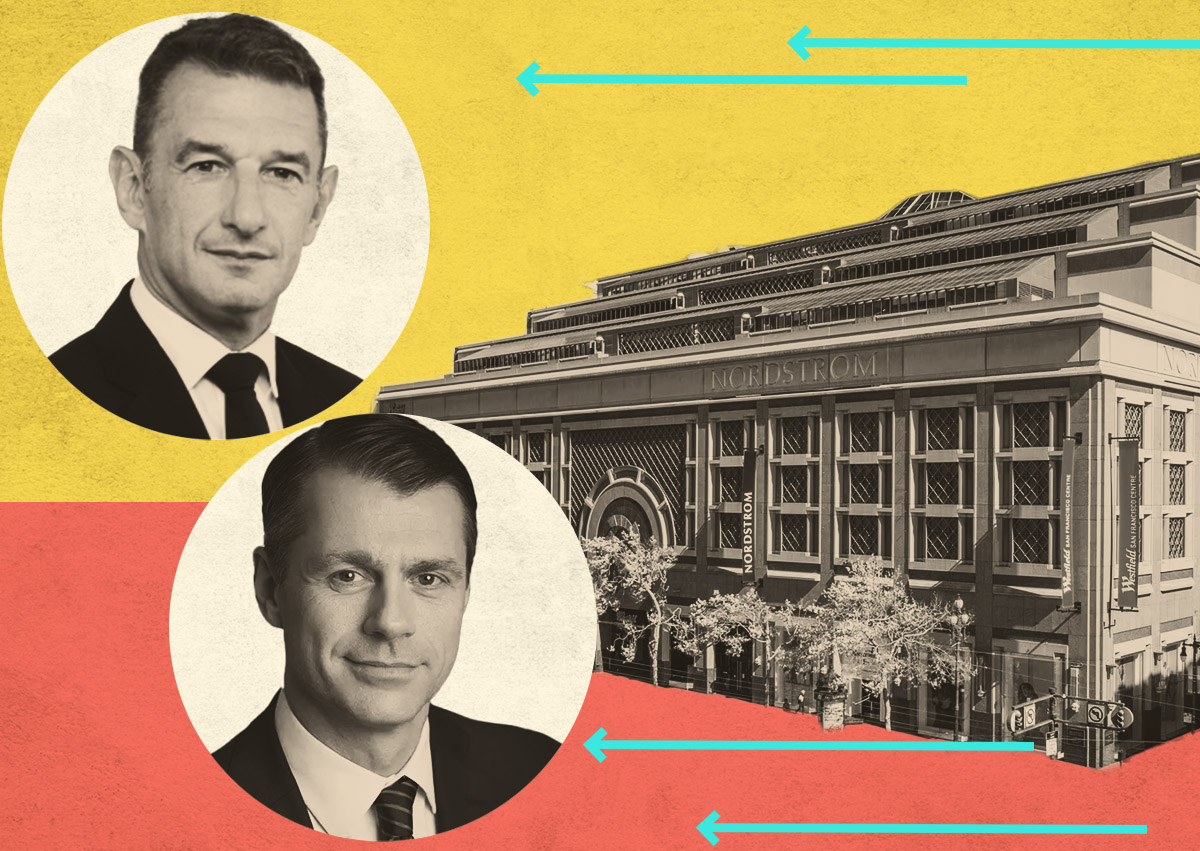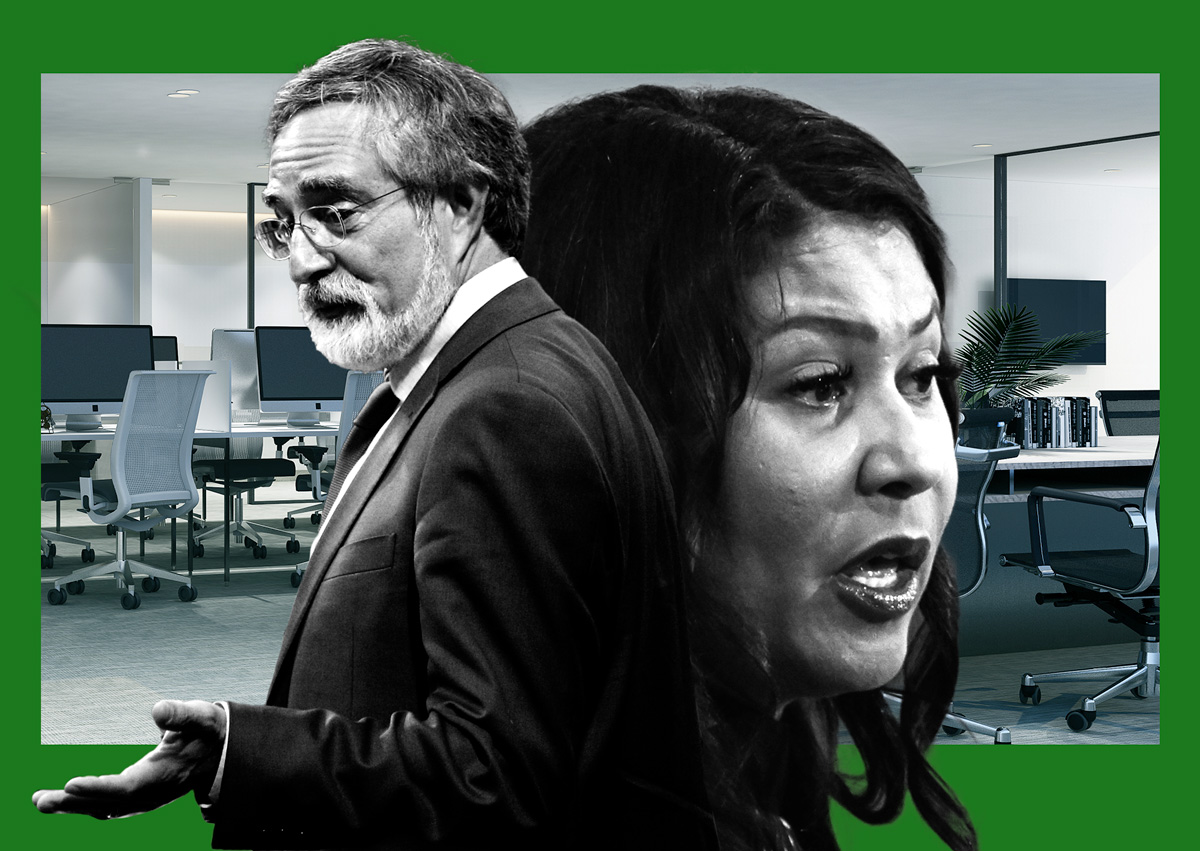Forget soccer, with its head butts and sporadic games. A San Francisco architect thinks Legos are a cheaper and faster way to revive the city’s former Westfield mall.
Mark Hogan, founder of OpenScope Studio, has proposed a new Legoland inside the renamed San Francisco Centre at 865 Market Street, the San Francisco Standard reported.
He said blocks of Legos could help build up foot traffic inside the half-empty indoor mall — whereas Mayor London Breed’s plant to convert it into a soccer stadium could cost a fortune.
San Francisco doesn’t even have a professional team, he said, while the mall already has a busy Lego Store, plus dozens of operating storefront businesses.
“Ikea has opened up just down the street to big crowds and a lot of enthusiasm — Legoland is the obvious next step,” Hogan wrote in a blog post. “If we’re going to create an attraction like a soccer field, why not start with something that doesn’t require a $1 billion investment?”
Early this summer, Paris-based Unibail-Rodamco-Westfield and its partner, New York-based Brookfield Properties, said they would surrender the mall to its lenders after Nordstrom said it would vacate five floors.
Breed then pitched a soccer pitch to replace the 1.5 million-square-foot mall. Last month, the mayor doubled down, recruiting San Francisco-based Gensler to conduct “some preliminary design work” for a soccer stadium.
But Hogan has a better idea, he said. The mall is centrally located near Union Square, and public transit. He said a mini-theme park could act as a regional draw that could bring a flow of families into Downtown — each and every day, and not just on soccer game days.
“If we actually want to draw people to this neighborhood, there are a million lower-hanging pieces of fruit that we could be going after that would be a lot more practical,” Hogan said.
The most famous Legoland is in Carlsbad, north of San Diego. But a better comparison is at the Legoland Discovery Center Bay Area in Milpitas’ Great Mall, an hour south of the city. It has Lego play zones and re-creations of Bay Area landmarks, with a $30 admission.
There are 14 Legoland Discovery Centers in the U.S. that take up 30,000 to 35,000 square feet. The 312,000 square feet vacated by Nordstrom offers more than enough space to accommodate a Legoland.
Hogan, whose ideas provided the foundation for the city’s legislation to help ease the process of office-to-residential conversion, said grassroots turnarounds work better than silver bullets.
“The story in most of the Rust Belt is that the things that were most successful were the things that were very bottom-up and incrementally developed over time versus, ‘Let’s tear down a bunch of buildings to cram in a giant thing that’s going to save the city,’” Hogan said.
— Dana Bartholomew
Read more



